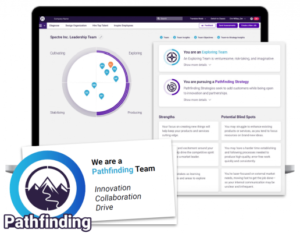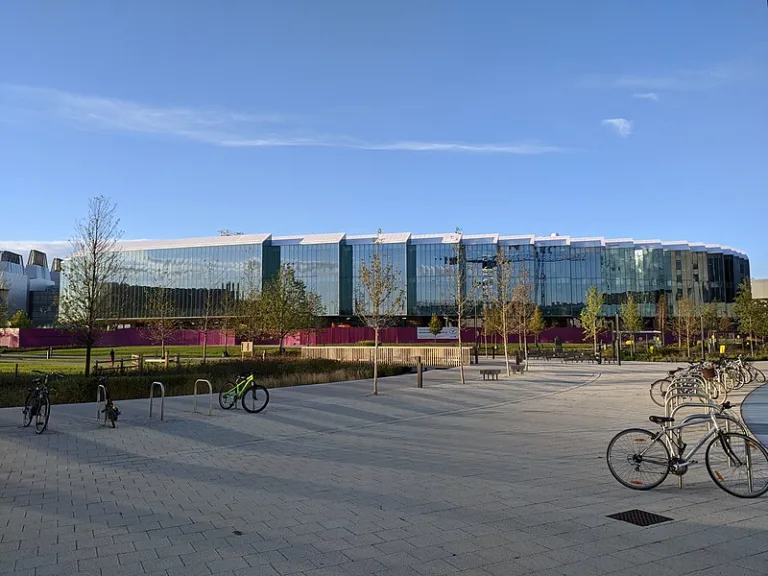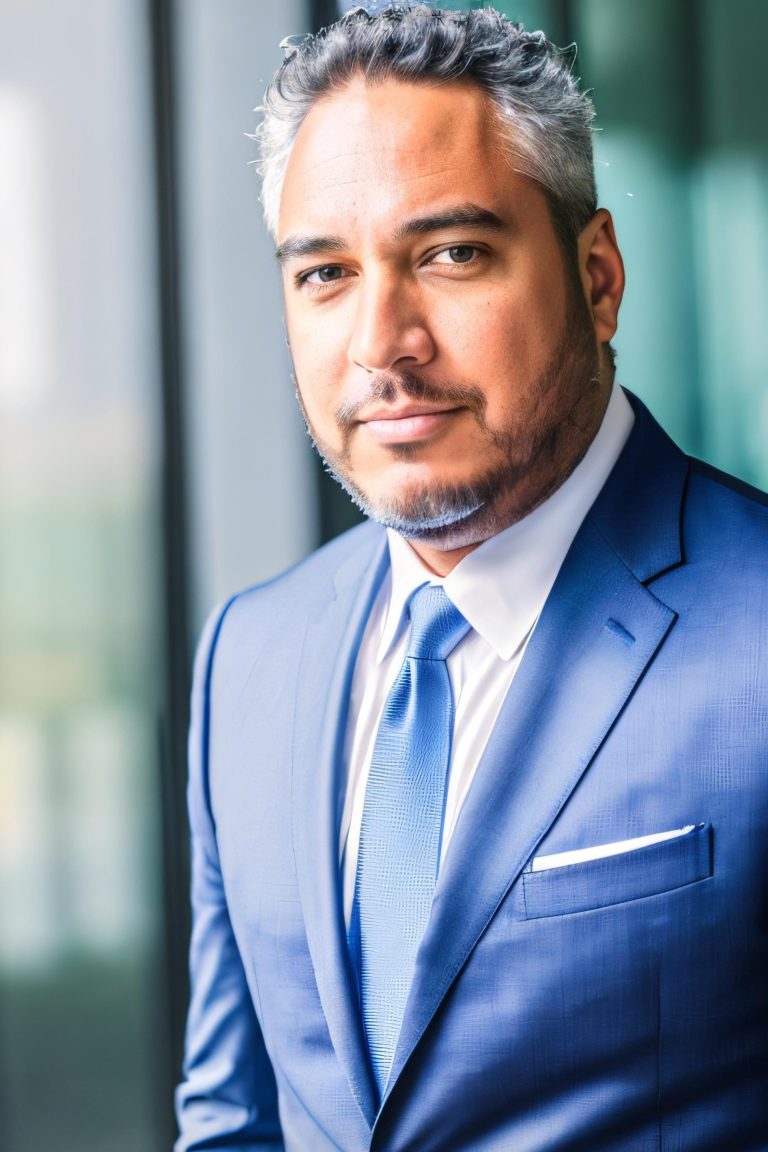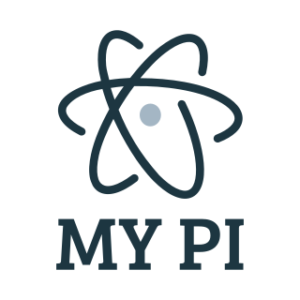
What is Team Discovery by The Predictive Index?
Unlock the full potential of your team with data-driven insights from Team Discovery™, helping you build a cohesive, high-performing unit aligned with your strategic goals.
Reading Time: 8 minutes
Understanding the interview process of a leading global company like AstraZeneca is invaluable, not just for potential candidates but also for those at the helm of hiring in other organisations. For those hiring, gaining insight into such a structured and effective interview process can serve as a blueprint for refining their own recruitment strategies. This guide aims to unpack the AstraZeneca interview journey, highlighting what makes it successful and how it aligns with the company’s overarching goals and values. By delving into these processes, we can glean lessons that aid in making smarter hiring decisions—ensuring that the next hire is the right hire.
AstraZeneca is a global, science-led biopharmaceutical company that operates across the spectrum of healthcare. Based in Cambridge, UK, it is one of the world’s leading pharmaceutical giants, renowned for its commitment to the discovery, development, and commercialization of prescription medicines, primarily for the treatment of diseases in three main therapy areas – Oncology, Cardiovascular, Renal & Metabolism, and Respiratory & Immunology.
AstraZeneca’s corporate ethos is deeply rooted in its commitment to ethical science and innovation, striving to address unmet patient needs and making a significant impact on millions of lives worldwide. Their work is also marked by a sustainable approach to business, where corporate responsibility and the wellbeing of patients, societies, and the planet are held in high regard.
This emphasis on science, patient welfare, and sustainability not only shapes AstraZeneca’s business strategy but also defines its workplace culture and the way it attracts, develops, and retains talent. For potential employees and partners, understanding AstraZeneca’s core values and mission is essential to fostering successful collaborations and contributing to its visionary work in the healthcare sector.

The interview process at AstraZeneca is designed to be thorough and rigorous, ensuring that the candidates not only possess the necessary skills and knowledge for the role but also align well with the company’s culture and values. Based on feedback from candidates and official resources from AstraZeneca, here is a typical journey a candidate might experience:
Initial Screening: The process often begins with a preliminary screening call, lasting about 15 to 30 minutes. This step is conducted by a recruiter or HR professional and focuses on verifying the candidate’s basic qualifications, career aspirations, and motivation for applying. It’s a chance to assess the candidate’s communication skills and initial suitability for the role.
First Interview: Candidates who pass the screening stage are invited to a more in-depth interview. This could be a skills-based assessment where specific abilities pertinent to the job are evaluated, or a detailed discussion about the candidate’s professional journey and accomplishments. This stage might involve a direct conversation with the hiring manager or a team lead, providing both parties a deeper insight into the practical and cultural fit.
Second Interview: At this stage, AstraZeneca often introduces case studies or real-world problems relevant to the role. Candidates might be asked to present their approach and solutions to a panel that could include future peers. This is an opportunity for the candidate to demonstrate problem-solving skills, technical expertise, and how they perform under pressure.
Final Stages: The concluding part of the interview process typically involves multiple stakeholders, including panel interviews with potential team members, adjacent team members, and department directors. These interviews are designed to gauge how well the candidate collaborates and interacts with different personality types and job functions within the company. For some positions, this might include a final ‘rubber-stamp’ approval from a Vice President or another high-ranking official.
Offer and Feedback: Successful candidates may receive a verbal offer within a few days of the final interview, followed by a formal job offer. AstraZeneca is known for its constructive feedback approach, offering insights even to those not proceeding, which reflects their commitment to candidate development and respect.
This structured approach not only ensures that AstraZeneca hires individuals who are highly capable and a good fit for their team but also demonstrates a commitment to thoroughness and fairness in their selection process. For HR leaders looking to implement or refine their interview processes, understanding these stages and their purposes can be incredibly beneficial.
You May Also Be Interested In
Explore the world of Predictive Index and its impact on talent management with insights from the top five UK providers. Dive into how PI can revolutionide your workforce strategy, from engaging with expert consultants to experiencing interactive demos and assessments.
Preparing for an interview at AstraZeneca, or any other organization that utilises a detailed and values-oriented interview process, requires careful consideration and strategy. Here are some tips to help candidates excel in their interviews:
Understand the Company’s Values: Before the interview, candidates should thoroughly research AstraZeneca’s core values and behavioural standards. Understanding these can help candidates tailor their responses to reflect alignment with the company’s culture.
Prepare Relevant Examples: Candidates should prepare examples that clearly demonstrate their competencies and how they’ve embodied AstraZeneca’s values in their past roles. They should think of examples that are not only about success but also instances where learning from challenges or failures was significant.
Structure Your Responses: Using the ATOLA model, candidates can structure their answers in a way that is coherent and impactful. This involves clearly outlining the situation, actions taken, the rationale behind these actions, outcomes achieved, and lessons learned.
Practice Articulating Your Competence: Being able to discuss one’s skills and experience confidently and effectively is crucial. Candidates should practice delivering their responses to typical interview questions and seek feedback from peers or mentors.
Prepare Questions to Ask: An interview is a two-way process. Candidates should come prepared with thoughtful questions about the role, team, and company culture. This not only shows genuine interest but also helps candidates assess if the company is the right fit for them.
Review and Reflect: Candidates should review their application and the job description to anticipate questions related to their background and the role they are applying for. Reflecting on what went well and what could be improved in previous interviews can also be beneficial.
By following these preparation tips, candidates can approach their interviews at AstraZeneca with confidence, equipped with well-structured responses and a deep understanding of how to convey their alignment with the company’s values. This preparation is not only crucial for succeeding in getting the job but also plays a pivotal role in ensuring a good fit, which is beneficial for both the candidate and the company.

AstraZeneca employs a comprehensive range of pre-employment assessments designed to ensure that incoming employees are not only skilled but also a good fit for the company’s culture and values. These assessments vary depending on the specific role but are integral to their rigorous recruitment process.
Types of Psychometric Tests:
Numerical Reasoning Tests: These are used to assess a candidate’s ability to handle numbers and interpret data effectively. Candidates might be presented with graphs, tables, or other forms of numerical data and asked to make calculations or draw conclusions based on the information provided. This test is particularly relevant for roles that require strong quantitative skills.
Verbal Reasoning Tests: This assessment measures a candidate’s ability to understand, interpret, and analyze written information. Typically, candidates are given passages of text followed by a series of statements. They must determine whether these statements are true, false, or impossible to say based on the information in the text. This test is crucial for roles involving complex documentation or strategic communication.
Logical Reasoning Tests: These tests evaluate a candidate’s critical thinking and problem-solving abilities. Candidates may be asked to identify patterns, logical rules, or data trends from a sequence of shapes, numbers, or letters. It’s a key assessment for roles that demand innovative thinking and decision-making skills.
Behavioral and Personality Assessments:
Group Exercises and Presentations:
The use of these diverse assessments ensures that AstraZeneca can comprehensively evaluate a candidate’s abilities across multiple dimensions. By combining traditional tests with innovative assessment tools and interactive exercises, AstraZeneca not only identifies candidates with the right skills but also those who align with the company’s ethos and can contribute positively to their team dynamics.
Successful completion of these pre-employment assessments is a crucial step in the AstraZeneca hiring process, helping to ensure that all new hires are well-suited to their roles and poised to contribute effectively to the company’s objectives.

Understanding the intricacies of AstraZeneca’s interview process provides valuable insights into the methods used by one of the world’s leading pharmaceutical companies to attract and retain top talent. For HR professionals and business leaders, adapting similar strategic approaches in their hiring practices can enhance the effectiveness of their recruitment processes. By incorporating structured behavioural interviews and focusing on values alignment, companies can make more informed and predictive hiring decisions.
The detailed breakdown of AstraZeneca’s interview stages and the emphasis on behavioural assessment demonstrate a commitment to not only finding the right skills but also the right cultural fit. This holistic view of hiring can significantly improve the success rates of new hires, thereby reducing turnover and fostering a positive and productive work environment.
As we observe AstraZeneca’s rigorous yet respectful approach to candidate evaluation, it serves as a benchmark for businesses aiming to refine their recruitment strategies. The insights gained here should inspire HR directors and business leaders to adopt similar practices that ensure each hire is not just competent but also a catalyst for sustained organizational growth and harmony.
You May Also Be Interested In
Preparing for a panel interview can be daunting, but with the right approach, you can excel and leave a lasting impression on the interviewers.
Whether you’re looking to overhaul your interview techniques or refine your recruitment strategy to align more closely with your company values, our team at 360 Talent Solutions is here to help. We specialize in tailoring recruitment solutions to fit your unique business needs, ensuring that you make the right decision, the first time and every time.
Don’t let the complexities of hiring slow down your business growth. Contact us today to learn how we can assist you in implementing efficient, effective, and data-driven hiring practices that mirror successful methodologies like those at AstraZeneca. Together, we can ensure that your next hire is the perfect addition to your team.
Make smarter decisions when it comes to hiring, engaging, and retaining top talent. Visit our website or reach out directly to learn more about how our expertise and services can support your goals. Let’s create a better tomorrow together, starting with your next great hire.
If you are interested in learning more or are ready to incorporate behavioral data into your recruitment process, please contact me today, I will be happy to help.
Let’s get started!
Dave Crumby
Founder at 360 Talent Solutions
Certified Predictive Index Practitioner


Unlock the full potential of your team with data-driven insights from Team Discovery™, helping you build a cohesive, high-performing unit aligned with your strategic goals.

Explore how ‘MY PI: Using Science to Transform Your Workplace’ leverages behavioural science to revolutionise HR practices, offering in-depth insights, practical tools, and a vibrant community for HR professionals.

Join The Swiss Talent Optimisation Hub (STOH) to connect with HR professionals dedicated to leveraging Predictive Index tools and behavioural science to overcome unique challenges faced by Swiss businesses and drive organisational success.

Discover how Swiss companies can optimise their hiring and talent management strategies with the Predictive Index, a powerful tool that enhances workforce insights and decision-making, supported by Humanostics and 360 Talent Solutions.
| Cookie | Duration | Description |
|---|---|---|
| cookielawinfo-checbox-analytics | 11 months | This cookie is set by GDPR Cookie Consent plugin. The cookie is used to store the user consent for the cookies in the category "Analytics". |
| cookielawinfo-checbox-functional | 11 months | The cookie is set by GDPR cookie consent to record the user consent for the cookies in the category "Functional". |
| cookielawinfo-checbox-others | 11 months | This cookie is set by GDPR Cookie Consent plugin. The cookie is used to store the user consent for the cookies in the category "Other. |
| cookielawinfo-checkbox-necessary | 11 months | This cookie is set by GDPR Cookie Consent plugin. The cookies is used to store the user consent for the cookies in the category "Necessary". |
| cookielawinfo-checkbox-performance | 11 months | This cookie is set by GDPR Cookie Consent plugin. The cookie is used to store the user consent for the cookies in the category "Performance". |
| viewed_cookie_policy | 11 months | The cookie is set by the GDPR Cookie Consent plugin and is used to store whether or not user has consented to the use of cookies. It does not store any personal data. |